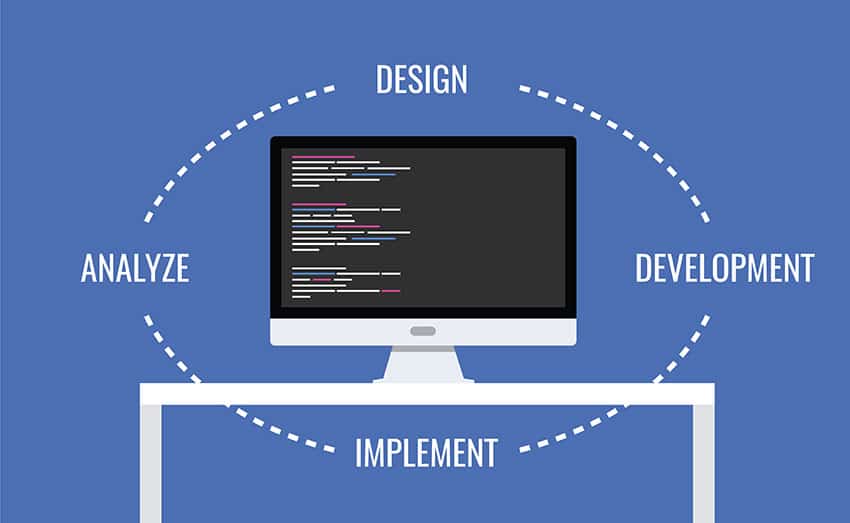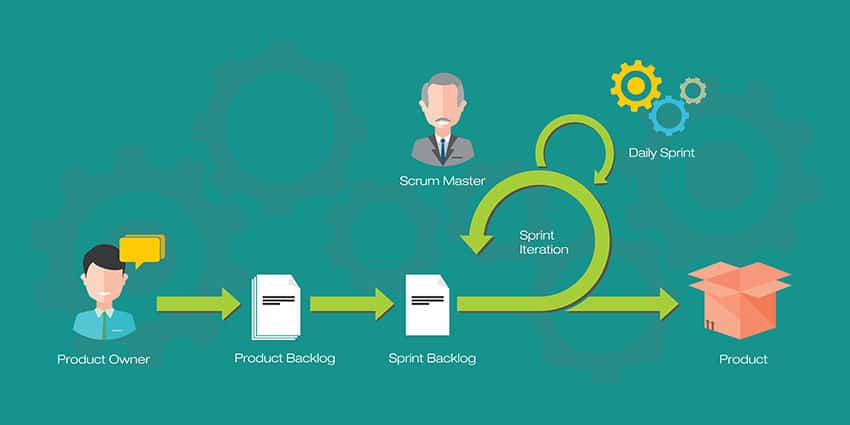As a lean leader, you’re likely always on the prowl for ways to increase your team’s productivity. Continuously improving is the name of the lean game, as peak performance and efficiency can have a direct effect on a business’ bottom line.
And while this may be counterintuitive at first, offering up truly constructive feedback to workers and colleagues can actually help them be more productive.
And although offering up any kind of criticism should be handled delicately and with tact, when delivered properly, it can truly make a difference in employee performance. Here’s how managers can dole out feedback that can cultivate productivity.
Don’t Wait for Performance Reviews
While we’re personally big fans of performance reviews, that shouldn’t be the only time business leaders connect with their workers and offer feedback.
Maintaining regular feedback sessions can help take the anxiety and stress out of those six-month or annual reviews, as it removes much of their weight. Delivering six month’s or a year’s worth of criticism at a time can be extremely overwhelming for the employee being reviewed. And when a reviewer makes numerous points, it’s difficult for the reviewee to keep track and take actionable steps on every piece of feedback offered.
Instead, opt for more timely criticism. If you or a manager on your team notices a problem with your colleague’s performance, don’t wait. Call for a feedback session as soon as both people’s schedules allow.
Make It a Positive Experience
These feedback sessions also shouldn’t be entirely focused on delivering negative criticism either. Instead of focusing on giving feedback solely when something goes wrong, also offer your thoughts when someone does something well. A simple pat on the back can go a long way in keeping employees invested in their work and engaged with management.
When delivering feedback, it’s obviously important to be respectful. Reviews should be free of bias and should be given in one-on-one, private sessions. While public praise is fantastic, it’s a good idea to keep criticism behind closed doors.
Another important thing to remember is that feedback also isn’t meant to make workers feel better — it’s meant to help them work better. Hone in on objective ways they can make progress with their projects and improve their performance. Then employees better understand that the feedback isn’t personal — it’s simply a look at their performance with some advice on how to better themselves in their professional setting.
Set Actionable Goals
Again, it’s integral that feedback not be arbitrary. Focus on pure performance issues. Are they missing a quota? Or maybe there’s a process they’ve put into place that could be improved?
Hone in on improvement areas and then offer up actionable goals to help them get there. Laying out a plan and ways to tackle a problem increases the likelihood that the employee will take the advice to heart and actually implement the steps necessary to improve their performance.
But the feedback loop doesn’t end there — as a manager, you must check in regularly on their progress. Take note of their strides forward and offer positive feedback accordingly.






